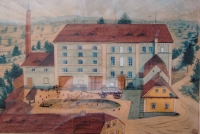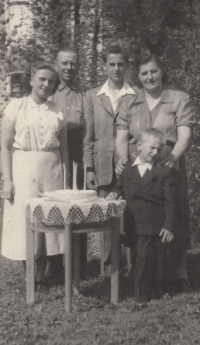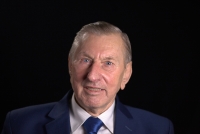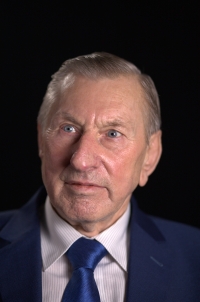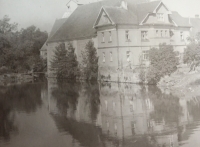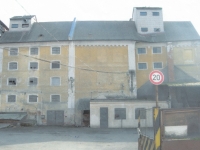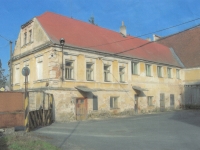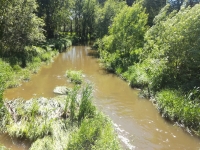The Simaks discovered their father’s heroism through restitution
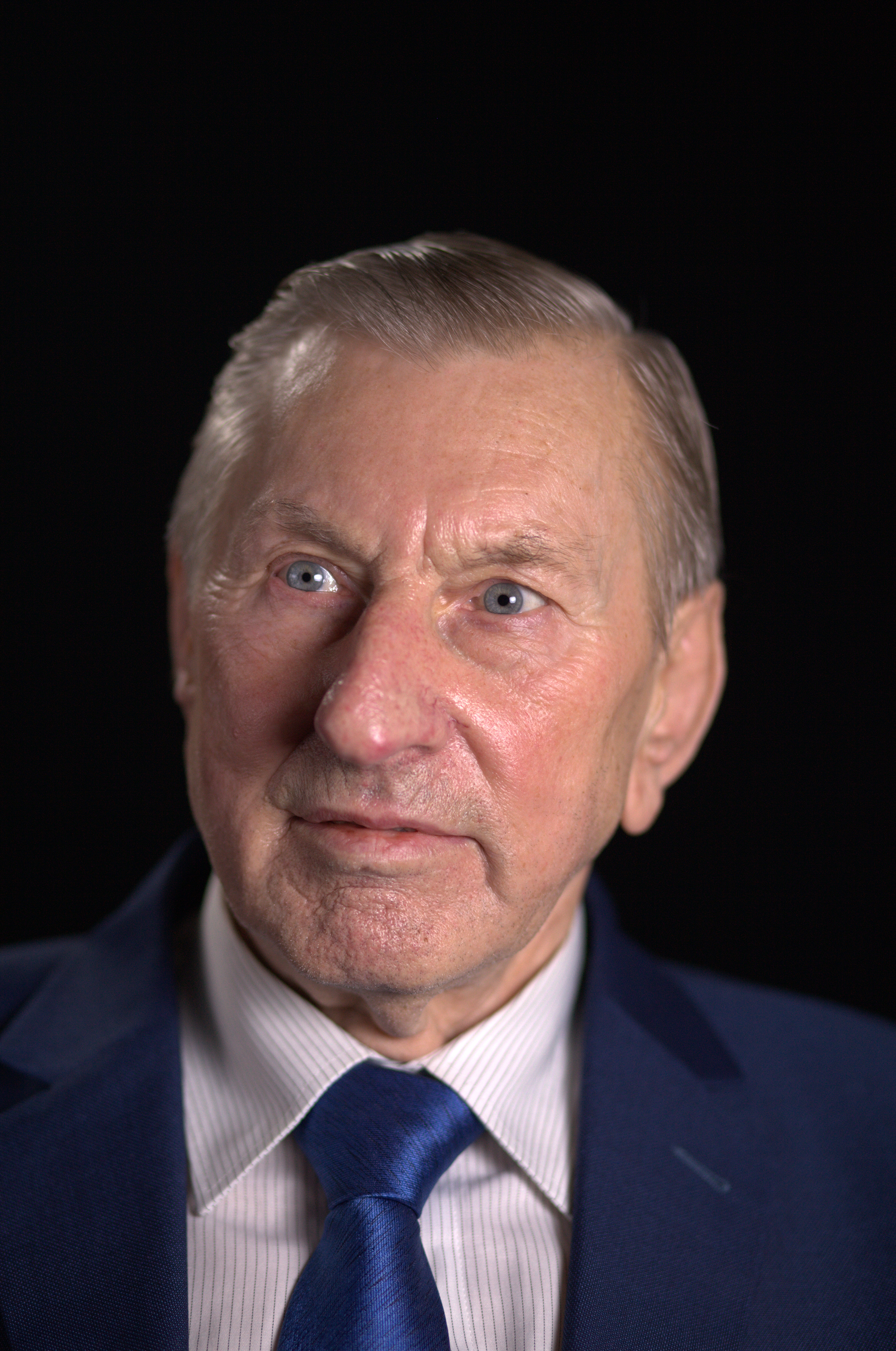
Download image
Josef Šimák was born the youngest of three children on 30 May 1947 in Meclov near Domažlice. In 1945, his parents Josef (1902) and Antonia (1911) were given a mill, a dwelling house, farm buildings and the land of the displaced German Karel Pawlik. During the war, his father worked in the mill in Přeštice and Dolní Lukavica, and because he was selling illegally ground flour to people, he was imprisoned for over six months. After the war, his father received a certificate that he had been a participant in the National Resistance, which gave him a discount when paying for the mill. In 1949 the communists confiscated the mill from the Šimák family. They stayed in the adjacent house, but had to pay for it again. Václav Šimák trained as an auto mechanic, worked in the workshop of the district veterinary administration in Domažlice and privatised it after 1989. The Šimák siblings asked for the return of the mill confiscated by the communists. The Land Office first returned it to them, then did not return it, the restitution process dragged on for 14 years, and the Šimák family was only granted restitution by the Supreme Court. Because of these delays, Brother Josef’s vision of producing biodiesel and rapeseed pellets in the mill was eventually abandoned. The Šimák siblings wanted to prove that their father had voluntarily surrendered the mill to the communists only because he was in distress. He was hiding Bohuslav Horák, the husband of the executed Milada Horáková, whom he then smuggled across the border. They had only scraps of information about his father’s heroism and were only vindicated by the memoirs of Bohuslav Horák himself, published in 2020. After the successful restitution, the Šimák siblings sold the mill and the house; due to their age, they no longer had the desire or energy to put the ruined buildings in order. Václav Šimák bought a house in Domažlice.
